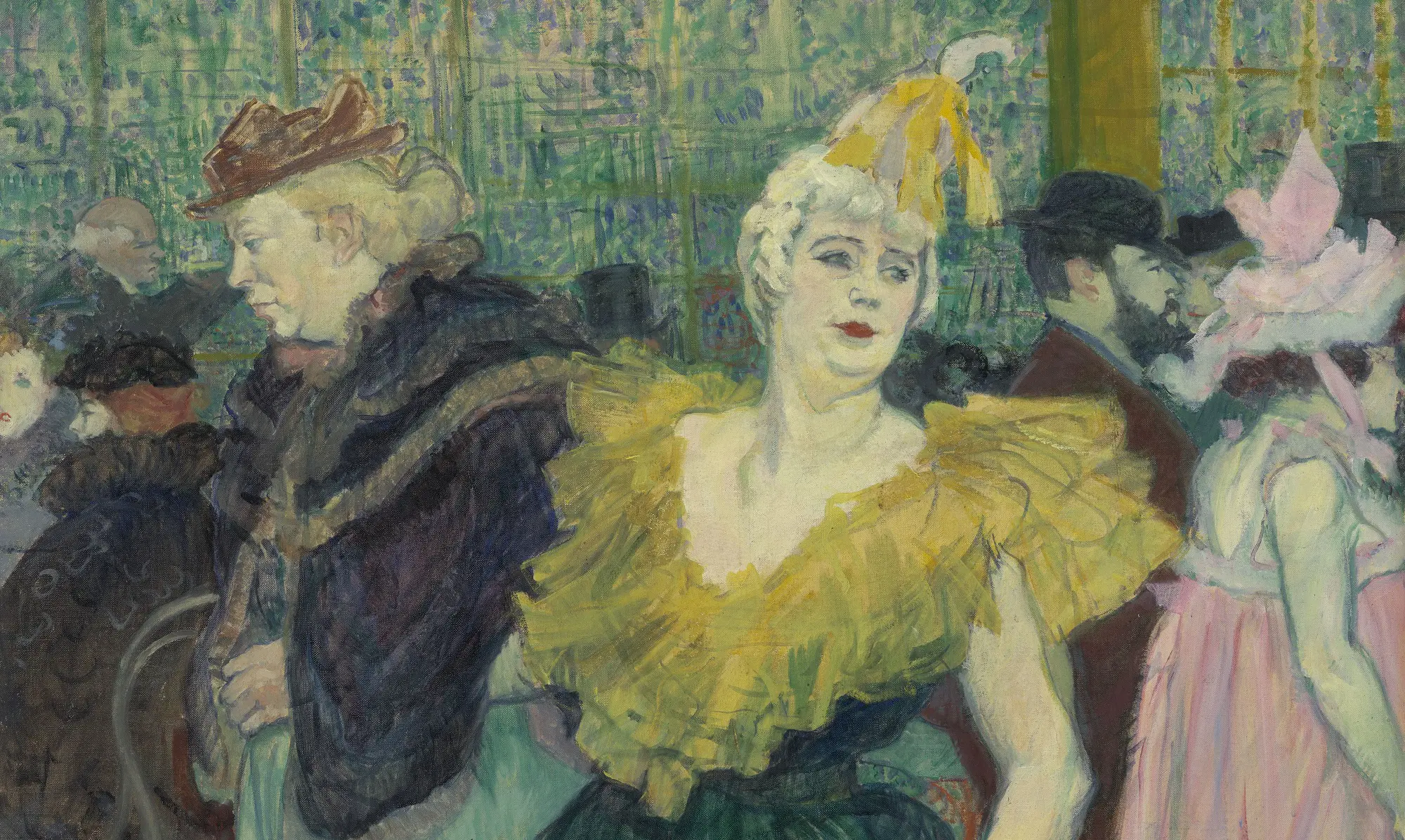Herrenchiemsee Festspiele 18-30 July 2017
‘Mad’ king Ludwig II of Bavaria may have been genuinely mad towards the end of his life, but he also deserves to be remembered as the ‘opera’ king. Richard Wagner could not have afforded to spend so much time composing the Ring Cycle, if it weren’t for Ludwig’s financial support. And the Festspielhaus that Wagner built in Bayreuth would never have materialised without King Ludwig’s sponsorship.
Ludwig’s hobby was overspending on extraordinary building projects, challenging himself to the extreme with every new ‘Schloss’ that he planned. Herrenchiemsee was the costliest and most opulent of all of Ludwig II’s royal edifices. The building of this monument to himself and absolutist rule hastened his downfall and was never finished. The magnificent palace was constructed on the Herreninsel, an island in the Chiemsee. The lake, Bavaria’s largest, acts on calm days as a giant mirror for the expanse of the German Alps.
Everyone recognises the fairy-tale castle Neuschwanstein sitting theatrically on top of a cliff ridge. This was Ludwig’s obsessive attempt to build ‘the castle of the Grail’ and many of the walls echo the legends that Wagner had put to music. The King was obsessed by Wagner and his operas Tannhäuser and Lohengrin in particular.

Herrenschiemsee was modelled on Versailles and intended as a homage to the new Sun King (i.e. Ludvig). In reality only a few rooms were recreated in the manner of Versailles. But Ludwig’s megalomania probably made up for his lack of sexual prowess and instead of the full interior grandeur of Versailles he built a wider facade and grander staircases than the French palace. The spectacular mirror gallery (see picture above), where quite a few of the concerts are held during the festival, is also longer than the one in Versailles. The excessive number of magnificent chandeliers and candelabras at Herrenchiemsee had the function of keeping the night permanently out (the eccentric king preferred to sleep during the day and be up all night).

The Herrenchiemsee Festspiele (July 18-30 July 2017) makes great use of some of the palace’s architectural features. Most concerts take place in the spectacular Hall of Mirrors and the Unfinished Staircase.
The opening concert of the festival is always held in the serene Benedictine convent on the Fraueninsel (the women’s island) which is Herreninsel’s neighbour. You reach the islands with a lake steamer from Prien and the alpine backdrop makes sure that the journey to the stunning concert venues forms a magical visual overture to the musical event.
This year’s festival offers 13 concerts and the theme is “Of Gods and Gods – Pathways to Baroque”, an intriguing and perhaps slightly confusing title. J.S.Bach and his contemporaries feature quite heavily and a whole evening is devoted to Monteverdi, celebrating his 450th birthday.
This is not a star-studded festival and if it is big names you’re after; Salzburg is only 70 km from Prien and Munich (in the other direction) is not much further.

Enoch zu Guttenberg has led the festival since 2000 and he also founded the ‘house band’, Orchestra Klangverwaltung. The ensemble is composed of musicians from many different German top orchestras and this year they are involved in six of the concerts. Bach’s Johannes Passion (on the Frauenchiemsee island) and Magnificat (in the Spiegelsaal) could be very memorable events , not only because of the music but also because of the environment in which the performances take place.
The Baroque Twitter evening also looks very promising with the early music ensemble Kammerorchester Basel performing a great selection of songs, arias and musical interludes.
Click below to see his year’s festival programme: http://herrenchiemsee-festspiele.de/en/program-tickets/program-tickets.html
Enoch zu Guttenberg and the Chorgemeinschaft Neubeuern (which was also founded by zu Guttenberg) will be awarded the prestigious Rheingau Musik Preis in August.


